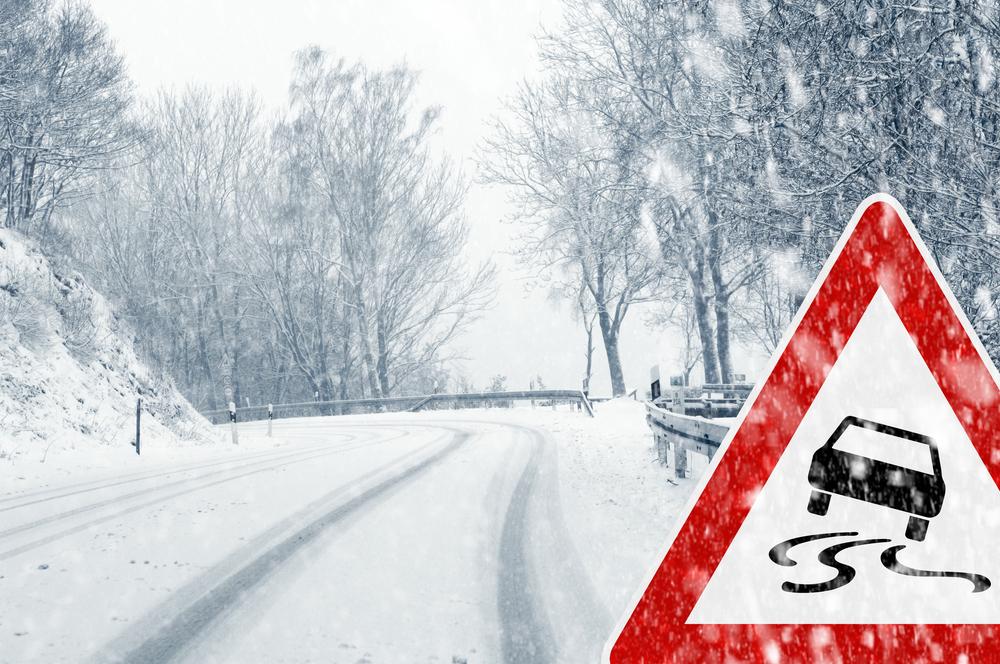Top 5 Mistakes New Truck Drivers Must Avoid for Safe Journeys
This article highlights the top five mistakes rookie truck drivers should avoid to ensure safety and efficiency on the road. It covers speed management, road sign awareness, trailer handling, fuel planning, and preparation for roadside emergencies, offering practical advice for new drivers to succeed in their trucking careers.
Sponsored

Top 5 Errors Rookie Truck Drivers Should Steer Clear Of
Starting a career in trucking can be thrilling, especially when driving nationwide. Truck drivers are essential for delivering daily necessities like electronics, clothing, and building supplies, supporting both businesses and households. Yet, newcomers often make preventable mistakes early on, some of which can lead to serious accidents or damages. Here are five common errors that new drivers should be cautious to avoid:
Pushing Speeds Too High
Truck regulations allow a maximum of 20,000 pounds on a single axle and 34,000 pounds on tandem axles, putting substantial weight on the wheels. Speeding increases the risk of losing control or overturning. Exercise patience, especially on downhill stretches, as downshifting and slowing down may be more challenging in these areas. Safer driving ensures quick delivery and prevents costly incidents.
Disregarding Traffic Signs
Ignoring road signs is a frequent mistake among rookie drivers. While GPS is helpful, it isn't always fully reliable. Always observe signs indicating speed limits, height clearances, and directional instructions to maintain safety and smooth progress.
Underestimating Trailer Length
Many beginners overlook the extended length of their trailers, complicating turns or blind spot checks. Proper awareness of trailer dimensions is crucial for maneuvering safely, especially when making turns or changing lanes.
Timing Fuel Stops Inappropriately
Each gallon of diesel weighs about 6 pounds. Heavy fuel loads affect the truck’s weight and mileage. Planning fuel stops carefully prevents overloading during weigh-ins and optimizes trip efficiency. Avoid filling tanks immediately before weigh scales to stay within legal limits.
Being Unprepared for Road Challenges
New drivers may struggle with tasks like double clutching, aligning mirrors, executing right turns, or starting on inclines. Patience and practice are essential. Also, keep a roadside assistance plan and emergency contacts handy to handle breakdowns or accidents safely, ensuring peace of mind during journeys.






